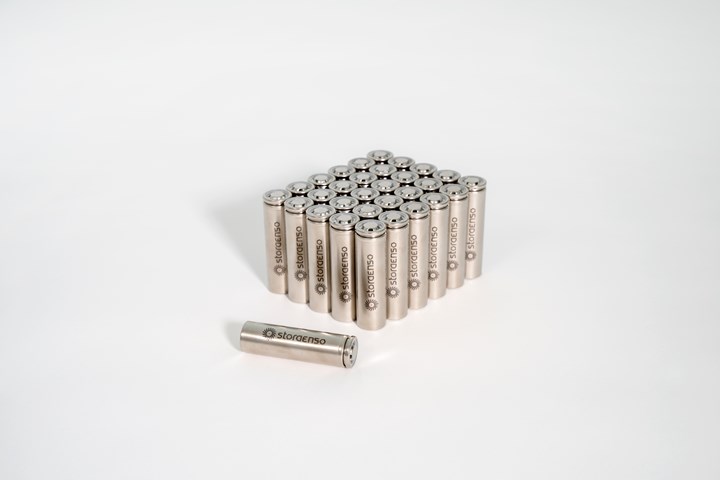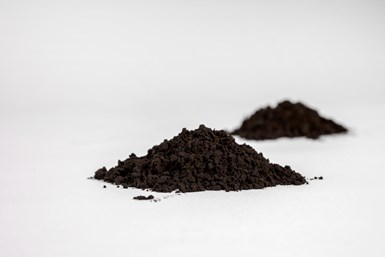Stora Enso opens pilot plant for lignin-based carbon materials for batteries
Carbon based-anode material Lignode, produced from converted lignin separated from wood, may be a sustainable replacement for graphite-based materials.

Biomaterials supplier Stora Enso (Stockholm, Sweden) announced on July 21 that its pilot facility for producing lignin-based carbon materials has started operations and is ramping up production. Applications of the wood-based Lignode product are said to include batteries for electric vehicles, consumer electronics and large-scale energy storage systems.
According to Stora Enso, the global battery market is projected to grow tenfold over the next decade as battery producers seek more sustainable materials for the electrification of mobility and reduced carbon emissions. The company anticipates its carbon based-anode materials, produced from converted lignin separated from wood, can be a more sustainable replacement for graphite-based battery anodes.

The pilot facility, located at Stora Enso’s Sunila, Finland production facility, represent the company’s €10 million (more than $11.7 million USD) investment announced in 2019. Lignin has been industrially produced at this production site since 2015, with an annual production capacity of 50,000 metric tonnes.
“With our pilot plant now ramping up operations, Stora Enso is entering a new value chain in supplying more sustainable anode materials for batteries. With Lignode, we can provide a bio-based, cost-competitive and high-performance material to replace the conventionally used graphite. To serve the fast-growing anode materials market, we are now exploring strategic partnerships to accelerate scale-up and commercialisation in Europe,” says Markus Mannström, executive VP of Stora Enso’s Biomaterials division.
Related Content
-
Drag-based wind turbine design for higher energy capture
Claiming significantly higher power generation capacity than traditional blades, Xenecore aims to scale up its current monocoque, fan-shaped wind blades, made via compression molded carbon fiber/epoxy with I-beam ribs and microsphere structural foam.
-
MingYang reveals 18-MW offshore wind turbine model with 140-meter-long blades
The Chinese wind turbine manufacturer surpasses its 16-MW platform, optimizes wind farm construction costs for 1-GW wind farms.
-
Composites end markets: Batteries and fuel cells (2024)
As the number of battery and fuel cell electric vehicles (EVs) grows, so do the opportunities for composites in battery enclosures and components for fuel cells.

.jpg;width=70;height=70;mode=crop)











